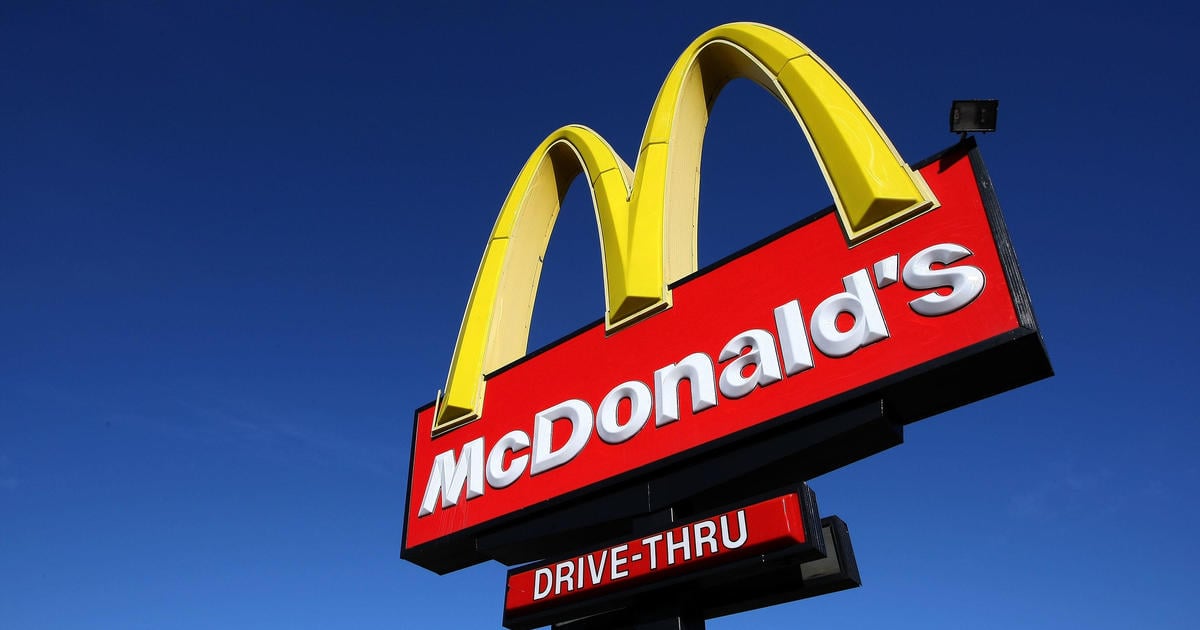Kevin Roberts remembers when he could get a bacon cheeseburger, fries and a drink from Five Guys for $10. But that was years ago. When the Virginia high school teacher recently visited the fast-food chain, the food alone without a beverage cost double that amount.
Roberts, 38, now only gets fast food “as a rare treat,” he told CBS MoneyWatch. “Nothing has made me cook at home more than fast-food prices.”
Roberts is hardly alone. Many consumers are expressing frustration at the surge in fast-food prices, which are starting to scare off budget-conscious customers.
A January poll by consulting firm Revenue Management Solutions found that about 25% of people who make under $50,000 were cutting back on fast food, pointing to cost as a concern.



Let’s all just stop eating. Who needs food. Water and sunlight.
Nestlé has entered the chat
Wow that username. That will get you up in the morning.
The thought of it is getting me up in the evening.
Economists don’t rrally think we need food.
https://theintercept.com/2023/10/29/william-nordhaus-climate-economics/